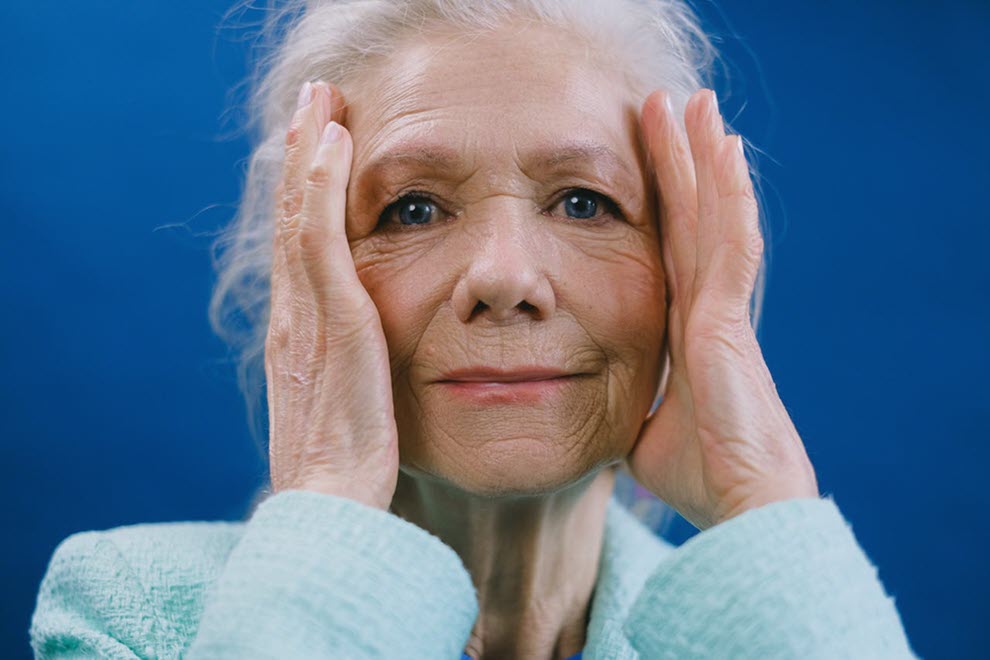
Aging gracefully often involves adapting to various changes in our bodies, including our eyesight. For many, reaching the age of 60 and beyond means dealing with a condition known as presbyopia, which refers to a natural age-related decline in near vision.
Fortunately, the world of optometry has been keeping pace with an aging global population. This means there are more options for addressing eyesight changes than ever before.
One approach focuses on making life easier despite such changes, like by using adaptive tools. An even more powerful option involves improving vision through glasses, contact lenses, or other means.
Today, we’re interested in contacts, as they’re becoming increasingly powerful and are often overlooked. What’s more, many people have started to purchase contacts online, making them a highly accessible option.
Let’s discover how these lenses cater to the specific needs of the elderly and why they might just be the vision solution you’ve been searching for.
How Modern Contact Lenses Can Help
Multifocal Contact Lenses Help Eyesight to Adjust
Gone are the days when reading glasses were the only solution for near vision decreases. Multifocal contact lenses, designed with multiple prescription strengths in a single lens, allow wearers to see clearly at various distances.
This feature mimics the eye’s natural ability from younger years, offering a seamless transition between near, intermediate, and far vision.
Contact Lenses are Increasingly Comfortable
As we age, our eyes tend to produce fewer tears, which can lead to dryness—a concern when wearing contact lenses. However, modern lenses are made of materials like silicone hydrogel, which retains more moisture, ensuring all-day comfort.
Some brands have even introduced lenses with added hydration technologies, ensuring that older eyes remain moist and irritation-free.
Disposable Contacts are Convenient
For seniors who might not want the hassle of a cleaning routine, daily disposable lenses are a godsend. Simply wear a fresh pair each day and dispose of them at night. This not only minimizes the risk of infections due to improper cleaning but also ensures consistent, clear vision with each new pair.
They Can Provide UV Protection
Elderly individuals often have increased sensitivity to light and UV radiation. Recognizing this, many modern contact lenses come with built-in UV blockers. While these can’t replace sunglasses, they offer an added layer of protection against harmful rays, safeguarding the eyes from potential damage.
There Are Tailored Solutions
Aside from presbyopia, seniors may also grapple with conditions like astigmatism or dry eye syndrome. Thankfully, the contact lens industry has developed specialized lenses for these specific issues, ensuring that each individual gets a tailored vision solution.
Easy Adaptation with Modern Designs
The thought of inserting a foreign object into the eye can be daunting for many, especially older adults who haven’t used contacts before. However, advancements in lens design mean that modern contacts are thinner, more flexible, and easier to handle, making the adaptation process smoother for the elderly.
Comprehensive Eye Health Monitoring
Seniors often require more frequent eye exams, especially as their eyesight continues to change with age. When using contact lenses, optometrists not only assess the prescription but also the overall health of the eye. This ensures that any potential issues, like cataracts or glaucoma, are caught early, providing an additional health benefit to lens wearers.
Affordability and Accessibility
With the rise in e-commerce, even those living in more remote areas can access high-quality contact lenses. Brands have recognized the demand from older demographics and often offer competitive pricing, discounts, or subscription models to make vision care more affordable for seniors.
Empowering Independence
For seniors who lead active lives, contact lenses can be a game-changer. They don’t fog up like glasses, are more compatible with physical activities, and offer a broader field of vision. This empowerment can significantly enhance the quality of life, allowing elderly individuals to continue enjoying their hobbies and daily routines with ease.
Can Improve Self-Esteem and Quality of Life
Aesthetics matter, regardless of age. Many seniors prefer the natural look that contact lenses offer over glasses. By providing a clear and unobstructed face, contacts can boost self-esteem, leading to improved social interactions and overall well-being.
Never Compromise Vision Quality
Reaching one’s golden years doesn’t mean compromising on vision quality. The advancements in modern contact lenses have ensured that the elderly can enjoy the same clarity, comfort, and convenience that younger generations have come to expect.
By catering specifically to the needs and challenges faced by older adults, these lenses not only enhance vision but also contribute significantly to improved quality of life. Embracing this new vision at 60 and beyond has never been more appealing.
Feeling Overwhelmed?
Check out our Caregiving Consulting service for personalized support and guidance.

Leave a Reply